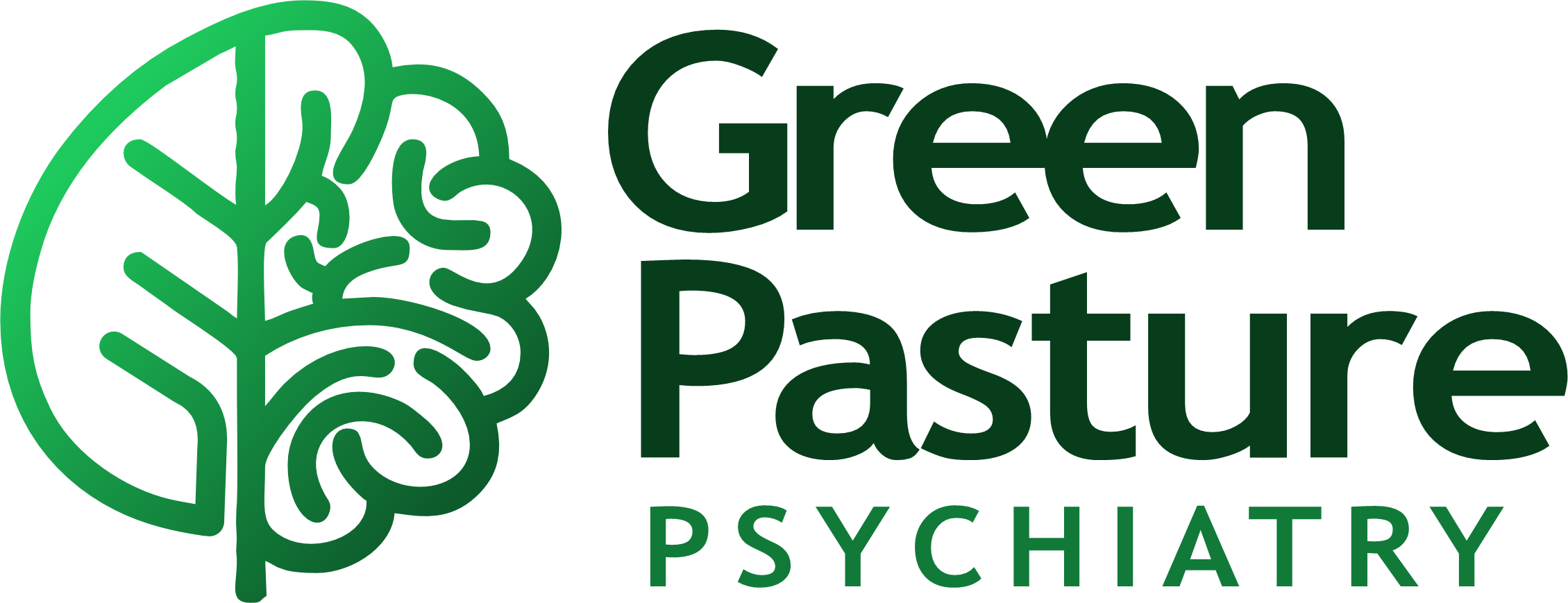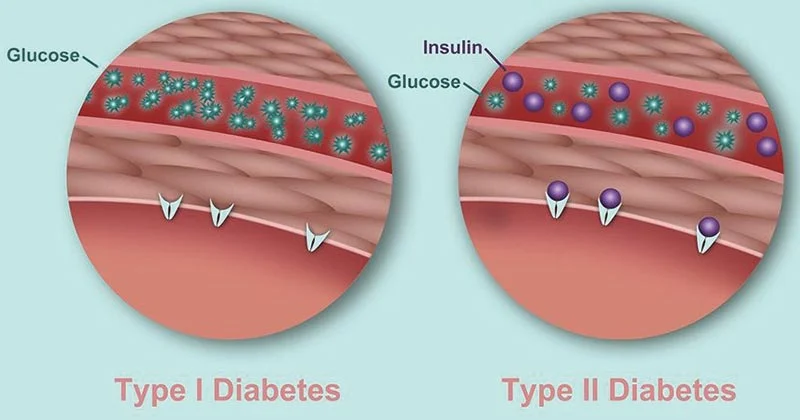Mental health isn’t black and white—it’s a wide spectrum. Let’s talk about some of the less-discussed but equally important psychiatric disorders and how they impact people’s daily lives.
1. Bipolar Disorder: More Than Just Mood Swings
Bipolar disorder is often misunderstood as just “extreme highs and lows,” but it’s more complex.
🌀 People with bipolar disorder experience:
- Manic episodes: feeling overly energetic, talkative, or impulsive
- Depressive episodes: feeling deeply sad, tired, and hopeless
- Periods of stability in between
This isn’t about being moody—it’s a medical condition that affects energy, sleep, judgment, and behavior. With the right treatment and support, many people live full and productive lives.
2. Obsessive-Compulsive Disorder (OCD)
OCD isn’t about being neat or loving things “just right.” It’s a chronic anxiety disorder involving unwanted, intrusive thoughts (obsessions) and repetitive behaviors (compulsions) that feel impossible to control.
Examples:
- Repeated handwashing out of fear of germs
- Constant checking of locks or appliances
- Mental rituals like counting or repeating phrases
OCD can be exhausting—but therapy and medication can help regain control.
3. Schizophrenia: Clearing Up the Myths
Schizophrenia is often portrayed inaccurately in movies and media. It’s not a “split personality” disorder. Instead, it’s a chronic brain disorder that affects how a person thinks, feels, and behaves.
🔍 Symptoms may include:
- Hallucinations (seeing or hearing things that aren’t there)
- Delusions (strong beliefs not based in reality)
- Disorganized thinking or behavior
With a combination of antipsychotic medications, therapy, and community support, many individuals with schizophrenia live meaningful lives.
4. Post-Traumatic Stress Disorder (PTSD)
PTSD isn’t just something veterans experience—anyone who has lived through trauma (abuse, accidents, violence, loss) can develop it.
Signs include:
- Flashbacks or nightmares
- Avoiding reminders of the trauma
- Feeling constantly on edge or emotionally numb
Trauma-informed therapy, support groups, and sometimes medication can make a huge difference.
5. Borderline Personality Disorder (BPD)
BPD is marked by intense emotions, unstable relationships, and fear of abandonment. People with BPD often feel emotions more deeply and may struggle with self-image or impulsive actions.
They’re not “too emotional” or manipulative—they’re living with a condition that can feel overwhelming without help. Dialectical Behavior Therapy (DBT) is especially effective for managing BPD.
6. Eating Disorders: Not Just About Food
Conditions like anorexia nervosa, bulimia nervosa, and binge eating disorder are serious psychiatric illnesses rooted in distorted thinking about food, weight, and self-worth.
These disorders affect people of all shapes, sizes, genders, and ages—and they can be life-threatening. Recovery is possible with specialized therapy, nutritional support, and compassion.
7. Attention-Deficit/Hyperactivity Disorder (ADHD)
Although commonly diagnosed in children, ADHD also affects many adults, and it’s not just about being hyperactive.
People with ADHD often experience:
- Difficulty focusing or staying organized
- Impulsivity
- Time blindness or forgetfulness
With proper diagnosis, medication and behavioral strategies can improve quality of life immensely.
Why This Matters
Mental health is just as important as physical health. These psychiatric conditions aren’t rare or shameful—they’re medical conditions that require understanding and treatment, not judgment.
If you or someone you know is struggling, the first step is reaching out. Whether it’s a therapist, psychiatrist, or support group, help is available.





